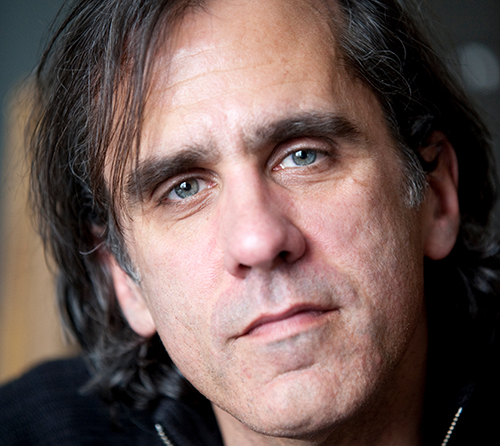A Yard Beyond the Moon

[Note: Each month we feature a guest post from a contributor to Poetry’s current issue. James Longenbach’s “The Medium of the English Language” appears in the November 2014 translation issue. Previous posts in this series can be found on the Editors’ Blog.]
Because I write both poems and prose about poems, people often ask me about the relationship of these two occasions for making sentences. I say making sentences because the subject matter of my prose seems to me incidental, just as the subjects of my poems are incidental: the pleasure of any piece of writing—the force that makes you want to read it again, long after you’ve absorbed its information—inheres in the manner in which its sentences seduce you from its beginning to its end. People don’t read Keats’s ode “To Autumn” time after time because they need to be reminded that in temperate zones of the northern hemisphere leaves begin to turn colors and fall off the trees in September. Works of critical prose—John Ruskin’s Stones of Venice or Virgil Thomson’s State of Music—also endure because of the permanently exciting drama enacted by their sentences.
I’m a slow writer. Most of my poems go through dozens of drafts over a period of a year or two, and my essays find their final shapes through a similarly attenuated process. I say find their shapes, as if the essay itself were in charge of the process, because that’s how it feels. If I’m working on a poem or an essay that’s going to be a keeper, I find myself paradoxically groping for a structure that, even as it doesn’t yet fully exist, seems to dictate my choices. This means that the final shape of an essay is rarely determined by my desire to present an argument or even to discuss any particular poem; the shape of the essay is determined by the shape of the essay, and the argument falls in line. But that argument, even if it never occurred to me prior to beginning the essay, always ends up feeling inevitable, as if I were discovering for the first time that I have green eyes.
I began writing “The Medium of the English Language” in May 2011, thinking the essay would be about various translations of a Montale poem. Quickly I became distracted by questions about English diction at large, and because I didn’t know enough to answer my own questions, I had to do a lot of reading. The more I read, the more I wrote, and most of what I wrote ended up on the cutting room floor. I miss some of those cuttings, but I was doing the thing I most enjoy—working with the medium of the English language, finding a shape for something that wanted to exist. I’d always rather be writing a poem, but when I’m gripped by the struggle to find a form for an essay, the satisfaction I take in writing prose can be nearly as acute.
For a long time “The Medium of the English Language” was preoccupied with W.B. Yeats, who like Montale ultimately disappeared from view. Yeats spoke no language but English, but his ear was exquisitely attentive to the essentially mongrel nature of English diction.
Death and life were not
Till man made up the whole,
Made lock, stock and barrel
Out of his bitter soul,
Aye, sun and moon and star, all,
And further add to that
That, being dead, we rise,
Dream and so create
Translunar Paradise.
Until the end of this sentence from “The Tower,” Yeats restricts himself to words derived mostly from German (dead, rise, dream). Then a different language leaps from the page: “Translunar Paradise.” To hear these two Latinate words in this sonic context is to feel the eruption of the spiritual realm Yeats is talking about, especially since the two Latinate words fill out the trimeter line (“Translunar Paradise”) as elegantly as the Germanic monosyllables (“That, being dead, we rise”). Translate the final line from Latinate English into Germanic English (the word paradise means an enclosed garden, or what folks from around here usually call a yard), and the effect is changed.
That, being dead, we swoon,
Dream and therefore make
A yard beyond the moon.
Translate these lines into Italian, in which all the words are Latinate, and the effect is also changed. You don’t need to understand these words to feel the effect—you just need to listen to their vowel-ridden multi-syllabic texture.
Che morte, ci leviamo,
sogniamo, e quindi creiamo
il paradiso translunare.
But translate the first two lines into German, with its prominently crunchy consonants, leaving the last in Italian, and the poem begins to sound again as if it were written in English.
Dass, tot zu sein, steigen wir auf,
traumen, und deshalb machen
il paradiso translunare.
This, like the passages I quote in my essay from Shakespeare (“Let me not to the marriage of true minds”) or Ashbery (“traditional surprise banquet of braised goat”), is the medium of the English language talking.
Poet, critic, and professor James Longenbach wrote primarily on modernist and contemporary poetry. He...
Read Full Biography

